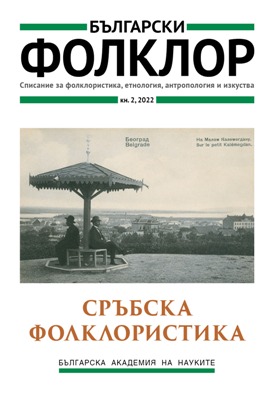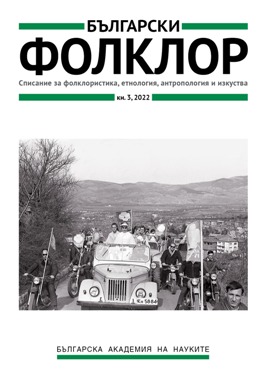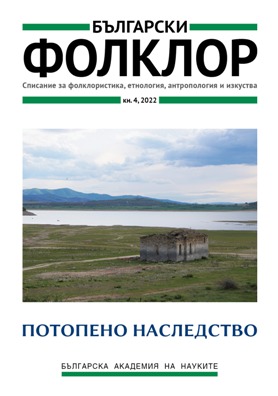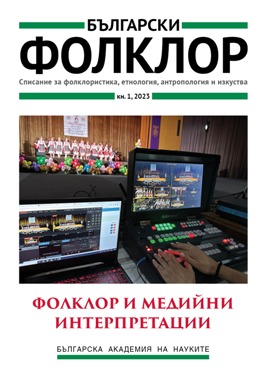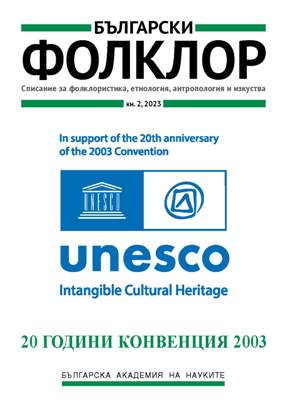
THE IMPACT OF COLLECTIVE MEMORY ON THAILAND’S INVOLVEMENT IN THE BELT AND ROAD INITIATIVE
This study uses the theory of collective memory in international politics to examine the connection between collective memory and foreign policy to investigate why the Belt and Road Initiative has witnessed slow progress in Thailand. Qualitative data were gathered from various sources, including books, newspapers, journals, policy documents, and textbooks. The study concludes that cooperation between states is essential for achieving shared objectives but is contingent upon establishing mutual trust. Collective memories that one country maintains concerning another country can influence mutual understanding and trust, becoming ingrained even if the situation responsible for the memories changes or no longer exists. In the case of Thailand and China, the Thai government’s push for the high-speed rail project faced criticism and concerns due to the public’s deep-seated fears and distrust of China, the result of historical events and past experiences. This paper’s findings highlight the state’s role in creating collective memory and otherness, recognizing that external variables such as major power activities play a significant role.
More...
